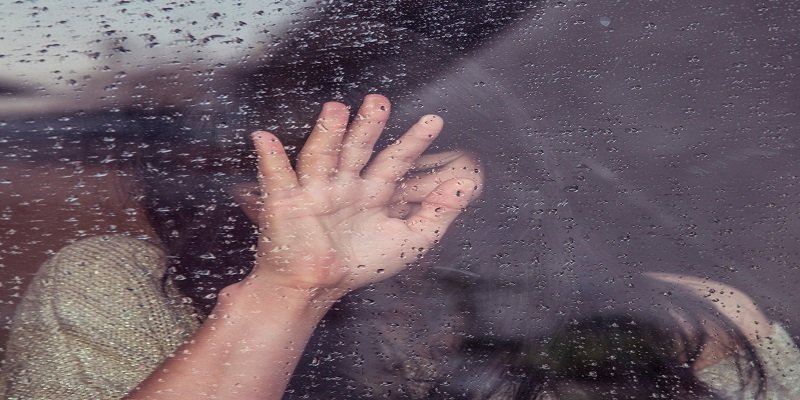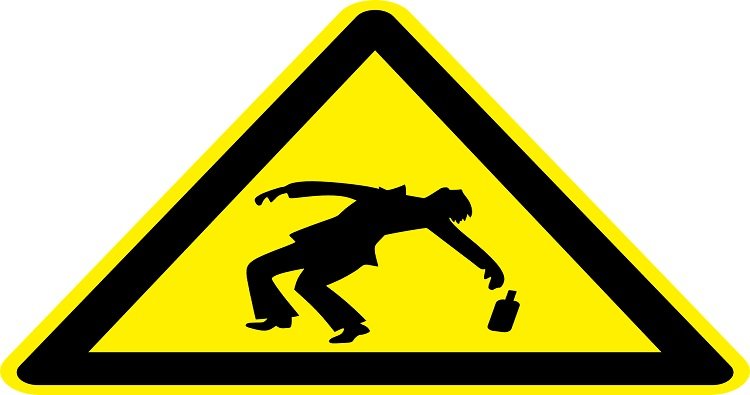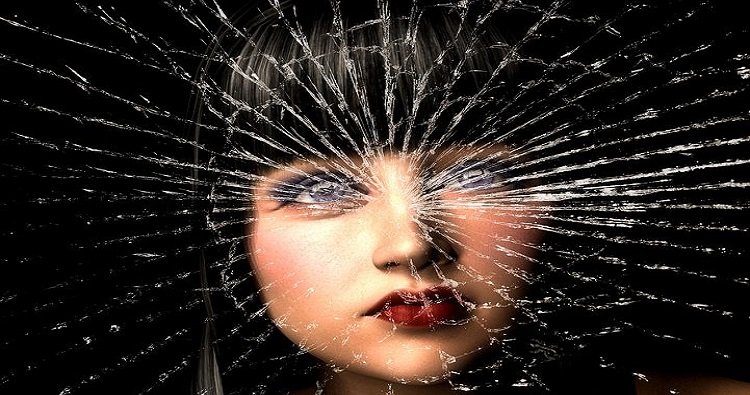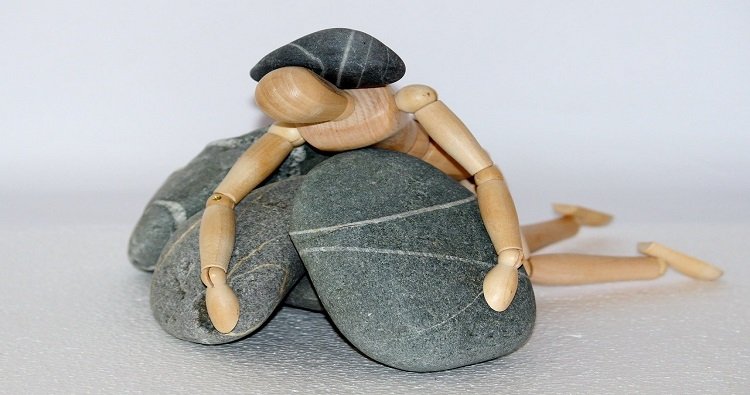- + 91 9958444373
- Malviya Road Dehradun, UK, India.
Blogs detail

Postpartum Depression
- 2020-08-23
POSTPARTUM DEPRESSION – EXTREMITY OF EMOTIONAL EXPERIENCES
We know that women consider themselves lucky to become mothers after marriage. It’s a pleasant and heartwarming feeling for any woman in the world. Though it is a long and painful process to conceive a child after keeping it in her womb for so many months still they bear the pain and difficulties very happily and bravely just because of the love and the excitement of having a child and being a mother herself. But as I said a woman has to face a lot of problems while giving birth to a child, it can be of various types like having some infections, complications in delivery, injuries, etc. one problem is having an instability of emotions during or after birth which can be due to psychological and physiological changes in the body and that’s what is going to be discussed in this article.
The birth of a baby can result in an experience of mixed feelings and extreme emotions be it excitement, joy, anger, fear, sadness, etc. Most new mothers do experience ‘BABY BLUES’ that include mood swings, extreme crying, anxiousness, lack of sleep, etc. This can continue for two or three days or may last for some weeks and get over then but some mothers experience these symptoms in a more severe and persistent type of depression known as POSTPARTUM DEPRESSION. Thus it is a serious mental illness that not only affects a mother’s brain but also her physical health and behavior.
So, a question occurs that how to know if a mother is suffering from this depression? Thus it is important for all to know the SYMPTOMS that can give us evidence of having this depression:
-Having a depressed mood or extreme mood swings
-Uncontrollable crying
-Difficulty in creating a bond with the baby
-Withdrawal behavior with friends and family
-Binge eating or loss of appetite
-Insomnia or Hypersomnia
-Lack of energy
-Loss of interest from all pleasurable activities
-Extreme anger and irritability
-Feeling of hopelessness
-Fear of not being a good mother
-Anxiousness and panic attacks
-Inability to think and concentrate
-Thoughts of harming the self or the baby
-Suicidal thoughts
Thus this form of depression can hamper the care of a mother for the baby or her ability to perform the daily tasks, gets unconnected to her baby as if she is not its mother and this condition can last for weeks and months and can also go from mild to a severe condition.
It is a fact that fathers can also suffer from postpartum depression too. They may experience some symptoms as that of mothers like being sad unintentionally, extremely fatigued, anxious or imbalances in eating and sleeping patterns. Young fathers who have a history of depression, have a relationship and financial problems are the most at risk of this depression which is also known as PATERNAL POSTPARTUM DEPRESSION.
The main CAUSES of having PPD can be:
Physical changes: a sudden fall in hormones (particularly estrogen and progesterone) in the body can contribute to PPD. Other hormones like those of the thyroid gland may also fall sharply which makes a person feel fatigued, sluggish, and tired.
Emotional issues: when a person is unable to sleep or is overwhelmed, the person may not be able to control or cope with even minor emotions. The person may remain anxious, always feeling incapable of taking care of the baby, lost sense of self-identity or a feeling of losing control over one’s life.
Other factors that may cause this depression can be :
- Feeling tired after labor and delivery
- Tired because of sleep deprivation
- Overwhelmed by having a baby
- Doubtful of being a good other
- Stressed due to work routine changes
- Having a weird need of being a perfect mom
- Having guilt and sadness of how they were before and what they are after a baby
- Being less attractive
- Having less of free time
THE RISK FACTORS THAT CAN INCREASE THE DANGER OF DEVELOPING THE DEPRESSION ARE:
a) Having a history of depression
b) Having bipolar disorder
c) Having PPD after pregnancy before
d) Familial transmission of depression
e) Baby having some health issues
f) Relationship problems
g) Financial problems
h) If a pregnancy was not planned or wanted
PREVALENCE: According to the sources, one in 9 new mothers suffer from postpartum depression. According to the research of 2018, 22% of new mothers of India suffer from postpartum depression. The southern region of the country suffers by 26%, eastern region by 23%, south-western region by 23%, and western regions by 21% respectively.
So, it is important to know the ways of treating this depression so as to make the life of a person more comfortable and happy. The ways can be –
- Medications including SSRIs and antidepressants can be given to the person to regulate the moods and emotions of a person.
- During pregnancy, the doctor can check for the symptoms of depression using certain questionnaires to find out the early symptoms so that if they are present, they can be managed using support groups, counseling, or other therapies.
- After the baby is born, the doctor may advise for an early postpartum checkup to screen and find whether there are symptoms of PPD or not and if yes, then he may recommend some medications or psychotherapy after delivery.
- Apart from all the external treatments and remedies, a person should try to communicate with their beloved ones to share their feelings and feel the support of someone in adverse situations.
- They should also try to engage in activities they like to remove boredom and isolation to keep themselves busy and happy.
- They should take care of their basic needs for them and their family.
- They should give themselves a good amount of rest and sleep to make themselves feel happy and energized again.
Contact now
We are a group of health professionals, including Psychologists, Clinical psychologist, Rehabilitation Psychologist, Counsellors, Mindfulness Experts and Social Workers. We are working since 2018 in India to foster mental health.
Contact Us
recent blogs
-

SADNESS AND DEPRESSION ARE DIFFERENT!
2020-06-16 -

ALCOHOL USE DISORDER (AUD)
2020-06-19 -

SEASONAL AFFECTIVE DISORDER (SAD)
2020-06-12 -

UNDERSTANDING MINDFULNESS MEDITATION
2020-06-03 -

BURDEN OF DEPRESSION
2020-06-17







